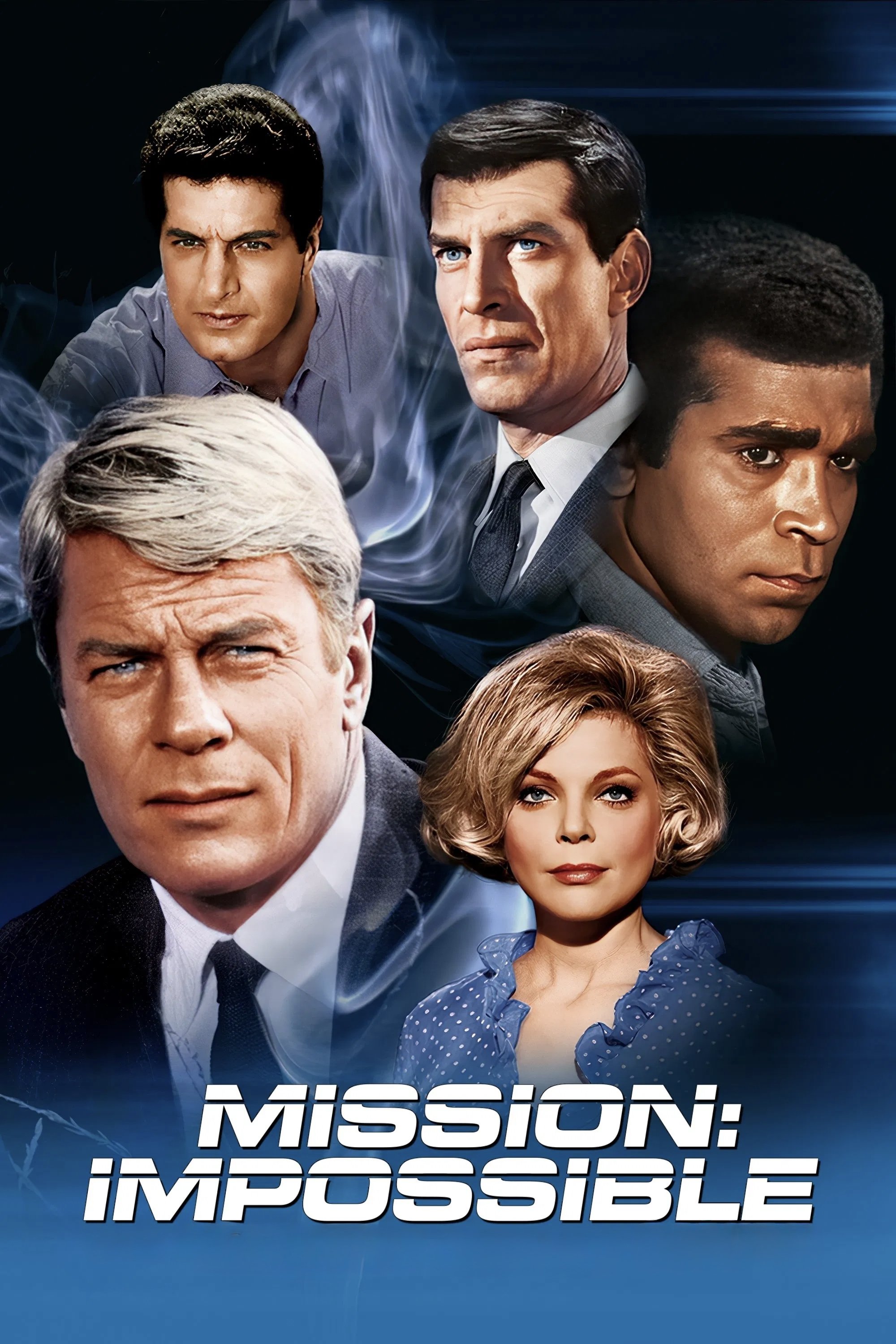Mission: Impossible (1966 – 1973)
Mission: Impossible
Backdrop for Mission: Impossible.
Used for reference and discovery. All rights belong to their respective owners.
Complete episodes, seasons, and air dates for Mission: Impossible (1966 – 1973)
Now Streaming:Secure Verified |
Mission: Impossible (1966 – 1973)
Mission: Impossible has established itself as a landmark series in contemporary television, redefining what modern storytelling can achieve. Through intricate plotting, layered character development, and innovative narrative structures, the show has captured both popular and critical attention, becoming a cultural touchstone for audiences worldwide. From the very first episode, it challenges viewers with thought-provoking scenarios, moral dilemmas, and emotionally resonant storytelling. Far beyond simple entertainment, Mission: Impossible offers a profound exploration of human experiences, relationships, and the complexities of personal growth, leaving lasting impressions long after the credits roll.
The series consistently intertwines themes such as identity, loyalty, justice, loss, and resilience. Every season builds upon the previous one, introducing new conflicts, evolving character arcs, and fresh narrative threads, creating a dynamic story world that is both engaging and immersive. Characters navigate challenges that are emotionally, ethically, and socially complex, inviting audiences to reflect on their own beliefs and values. Pivotal moments blend quiet introspection with dramatic tension, while plot twists and cliffhangers maintain suspense, ensuring that the stakes remain high and the viewer experience is continually compelling.
From a visual perspective, Mission: Impossible excels in cinematic storytelling. Every shot is thoughtfully composed, using lighting, color, and framing to communicate mood, character states, and thematic undertones. Production design brings each environment to life, whether depicting intimate domestic spaces or expansive, bustling urban landscapes. The musical score supports and elevates emotional moments without overwhelming the narrative, while direction makes use of silence, negative space, and pacing to emphasize key beats. Together, these elements create a rich, immersive atmosphere that draws the viewer deeply into the story world.
Characterization is where Mission: Impossible truly distinguishes itself. The ensemble cast delivers nuanced performances, with lead characters exhibiting moral complexity, emotional honesty, and evolving motivations. Supporting characters are fully realized and play essential roles in driving the narrative forward, often providing pivotal moments of insight, tension, or relief. Relationships develop organically, reflecting realistic dynamics rather than plot-driven contrivances. This attention to character depth ensures that each emotional payoff feels earned, and the audience remains invested in the outcomes of both central and peripheral arcs. Dialogue is carefully crafted, conveying information, emotion, and thematic resonance simultaneously, making even seemingly ordinary conversations carry weight.
Mission: Impossible delves into complex emotional journeys, exploring human relationships and societal challenges with depth and nuance.
For both longtime fans and new viewers, this narrative archive serves as a comprehensive companion to the world of Mission: Impossible. It provides episode summaries, thematic analysis, and insights into character development, offering a deeper understanding of the series’ scope and impact. Beyond mere entertainment, Mission: Impossible stands as a significant cultural work, one that encourages reflection, sparks discussion, and engages viewers on multiple intellectual and emotional levels. In an era dominated by fleeting content, it remains a memorable and influential example of storytelling craft, inviting audiences to explore, appreciate, and immerse themselves fully in its narrative universe.
| Title | Mission: Impossible | |
|---|---|---|
| Genre | Action & Adventure, Crime, Drama | |
| First Air Date | 1966-09-17 | |
| Last Air Date | 1973-03-30 | |
| Seasons | 7 | |
| Episodes | 171 | |
| Runtime | min | |
| Overview | Mission: Impossible is an American television series that was created and initially produced by Bruce Geller. It chronicles the missions of a team of secret government agents known as the Impossible Missions Force. In the first season, the team is led by Dan Briggs, played by Steven Hill; Jim Phelps, played by Peter Graves, takes charge for the remaining seasons. A hallmark of the series shows Briggs or Phelps receiving his instructions on a recording that then self-destructs, followed by the theme music composed by Lalo Schifrin. The series aired on the CBS network from September 1966 to March 1973, then returned to television for two seasons on ABC, from 1988 to 1990, retaining only Graves in the cast. It later inspired a popular series of theatrical motion pictures starring Tom Cruise, beginning in 1996. |
|
| Stars |
|
|








